In many small towns, Sunday is not just another day; it’s a sacred pause from the week’s rush. Rooted in faith, family, and local culture, the tradition of keeping Sunday as a day of rest continues to define the character of these communities. From communal meals to quiet reflection, small towns preserve practices that slow time down, allowing people to reconnect with themselves and one another. Here are ten time-honored ways small communities maintain the spirit of rest on Sundays.
1. Church Bells Calling the Morning Together

In countless small towns, Sunday begins with the tolling of church bells echoing across quiet streets. Many churches were built in the 1800s, their bells cast by local blacksmiths or imported from foundries in Europe. These sounds not only mark the time for worship but also weave the town together in shared rhythm. Even residents who no longer attend church often pause to listen, taking in the comforting reminder that the day is meant to be slower, reflective, and deeply communal.
2. Family Lunches Anchoring the Afternoon

The Sunday meal remains a cornerstone of rest in many small communities. Generations gather around long wooden tables, often in homes built by ancestors who valued the tradition of breaking bread together. The recipes for slow-roasted meats, garden vegetables, and homemade pies are passed down like heirlooms. For families, this ritual represents more than food; it’s a reconnection with roots, laughter, and conversation that carries the rhythm of generations. Phones are set aside, and time itself seems to stretch softer and slower.
3. Local Stores Closing Their Doors

Many small-town businesses uphold a long-standing tradition of closing on Sundays, a practice dating back to early 1900s blue laws. The “Closed” signs aren’t merely about religious observance; they’re about balance. Shop owners value a rhythm that prioritizes rest over profit, knowing that true sustainability begins with community well-being. The quiet main streets on Sunday afternoons remind everyone that commerce can pause, giving room for reflection, family time, or simple walks under the sun.
4. Community Potlucks After Church
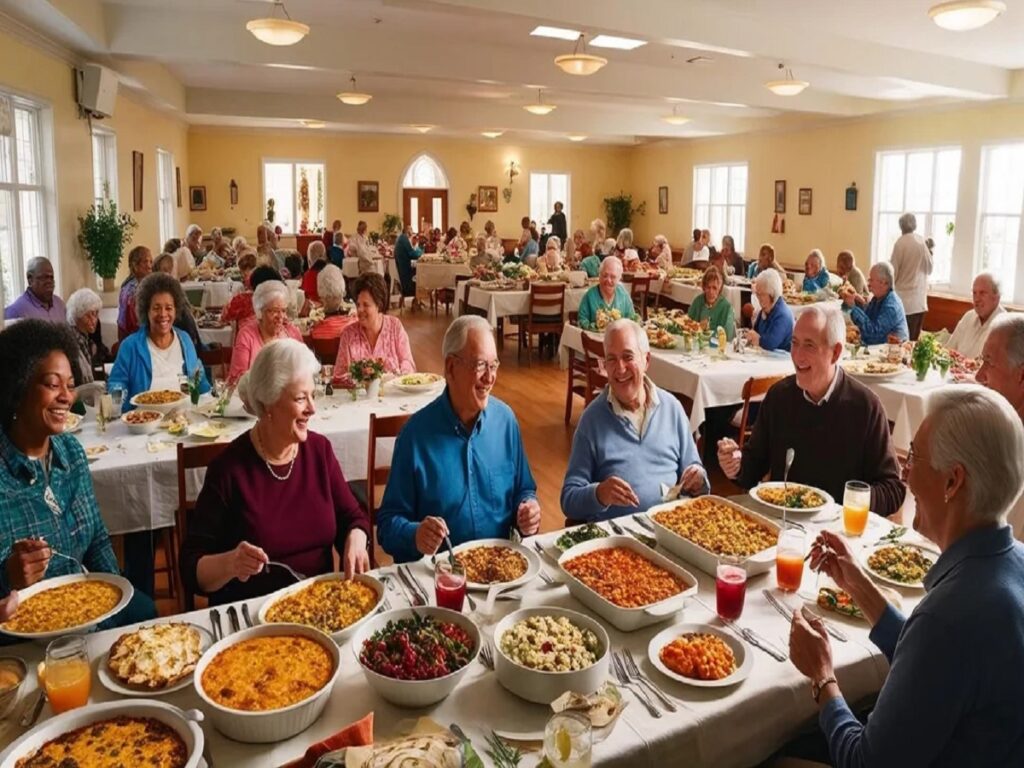
After morning worship, fellowship halls or grassy churchyards often fill with long tables and covered dishes. The custom of Sunday potlucks, common since the early 1900s, is more than a meal; it’s an act of collective care. Families bring casseroles, pies, and salads, sharing not just food but stories and support. The simplicity of this tradition keeps the day centered on togetherness rather than busyness. Laughter mingles with the smell of fresh bread, turning Sunday into a living expression of gratitude.
5. Sunday Walks Through Familiar Paths
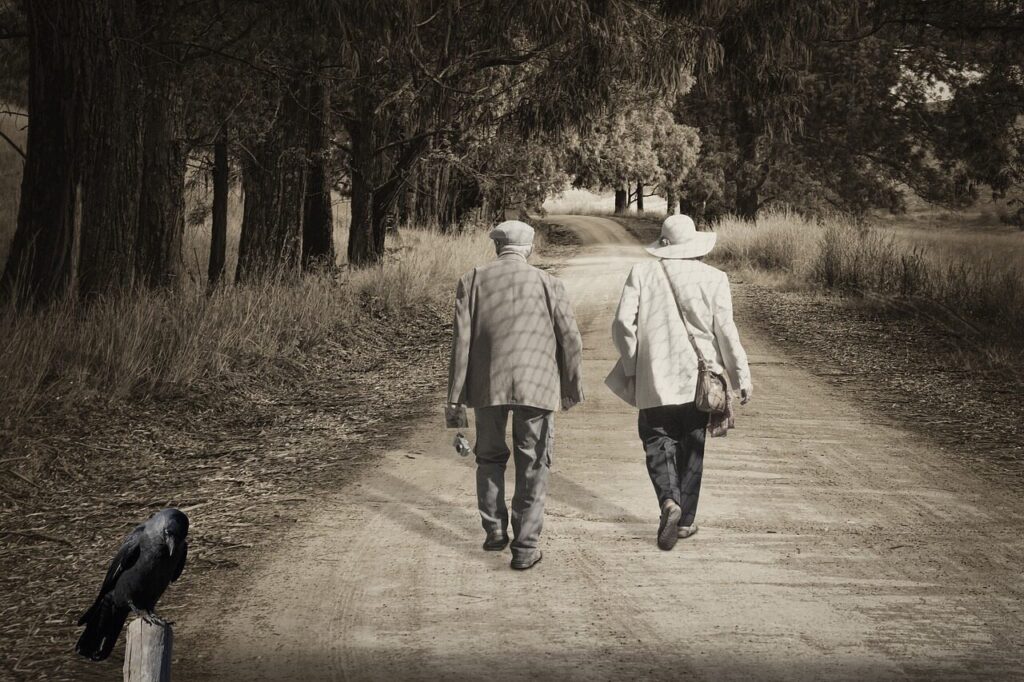
When the afternoon sun softens, families and neighbors take leisurely strolls down familiar streets or along riverbanks. This quiet tradition, dating back to when horse-drawn carriages lined dirt roads, remains a way to unwind. Conversations drift easily, often about gardens, local news, or memories from earlier days. These walks require nothing but time, something Sunday graciously provides. In a world of endless motion, the pace slows enough for everyone to breathe, observe, and simply be.
6. Front Porch Conversations Stretching Till Sunset
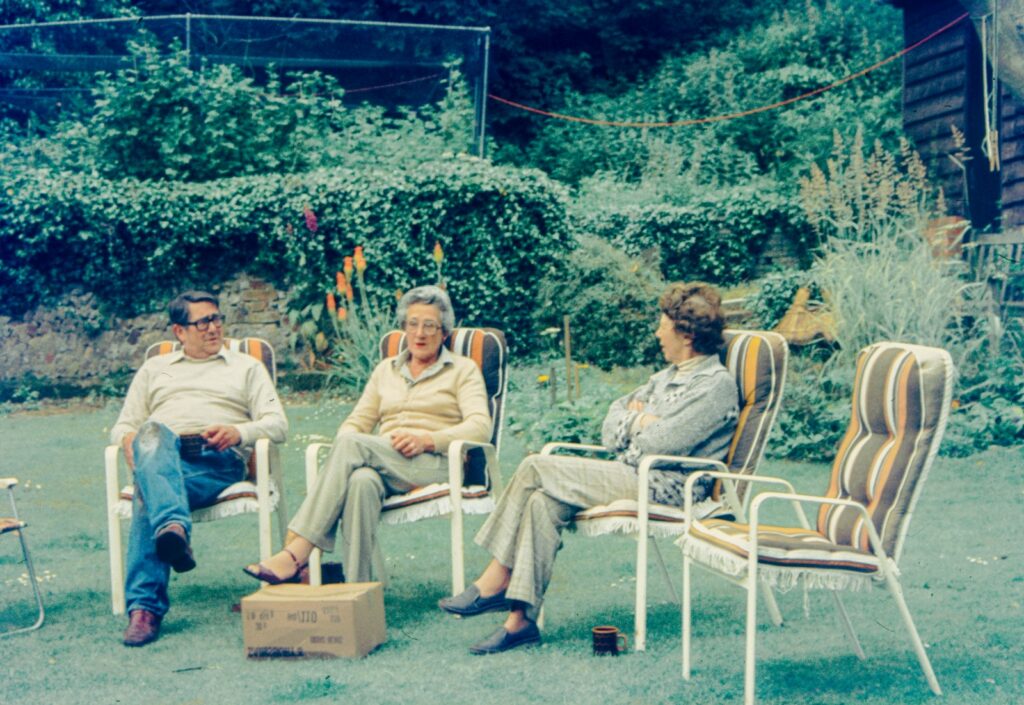
In many rural neighborhoods, Sunday evenings unfold on front porches built a century ago, when homes were designed for breezes and community. Rocking chairs creak, sweet tea is poured, and the air hums with quiet stories. These slow, unhurried conversations reconnect neighbors who might not cross paths during the week. The front porch becomes a stage for laughter, reflection, and shared humanity. It’s a timeless gesture, no screens, no noise, just the sound of people being fully present.
7. Quiet Hours Without Machinery
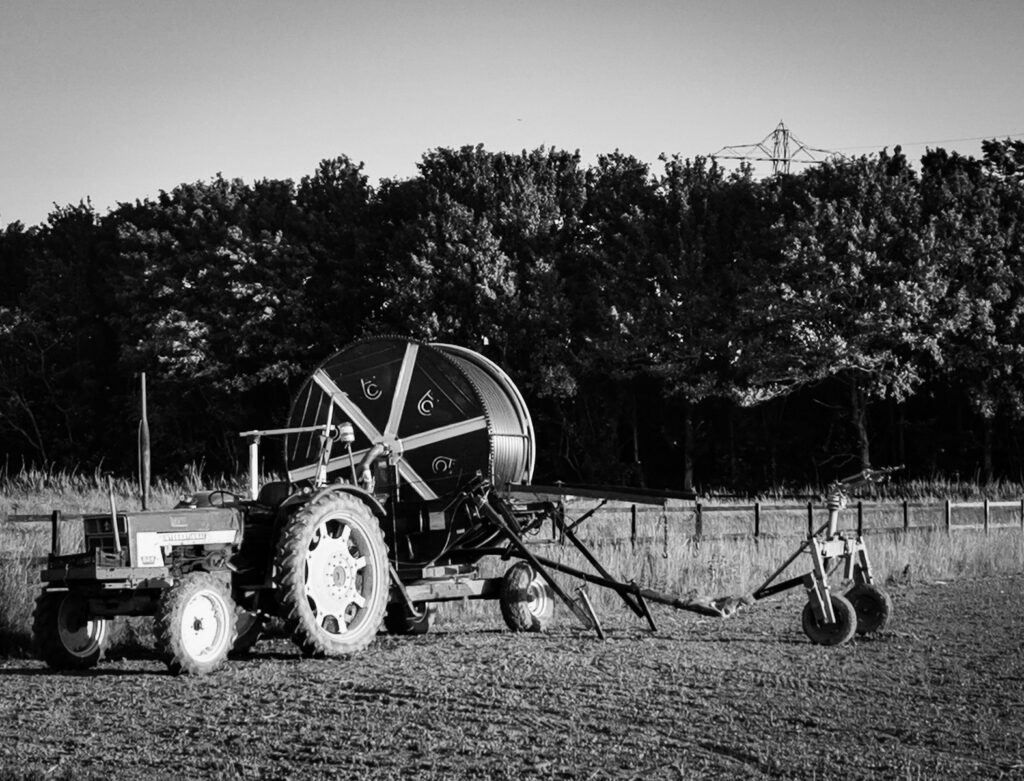
Small farming communities often keep Sunday sacred by silencing machinery. Tractors stay idle, saws rest in barns, and engines remain still. This pause, rooted in respect for both land and labor, dates back to early agrarian life when Sunday was the one guaranteed respite from work. The quiet carries across fields, a soft reminder that the earth, too, needs rest. Families use these hours to tend gardens gently, read, or nap under shade trees, reclaiming peace that daily toil often steals.
8. Music and Hymns Filling the Evening Air
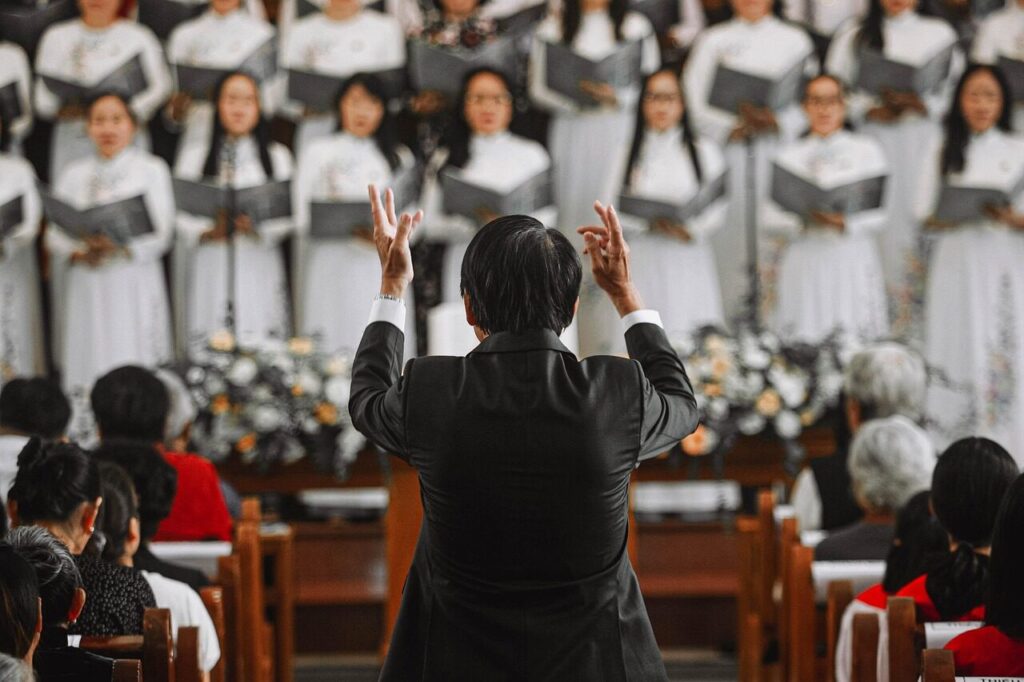
In some towns, music marks the close of the day. Whether it’s a small church choir singing hymns or a local band playing folk tunes in the park, Sunday evenings hum with melody. These gatherings, popularized in the mid-1900s, bring the week to a gentle end. Neighbors gather with folding chairs, children play nearby, and the music flows through the open air. It’s less performance than shared ritual, a soothing soundtrack for winding down before another week begins.
9. Reading and Reflection by Lamplight

When twilight settles, many small-town homes return to the quiet comfort of books and soft lamplight. This custom harks back to times before electricity, when families read Scripture, letters, or simple stories together. Even today, Sunday nights often mean setting aside digital distractions for the tactile pleasure of turning pages. It’s a mindful close to the week, a pause for thought, imagination, and gratitude before the bustle resumes. The glow of lamplight still feels like peace embodied.
10. Early Nights and Fresh Mondays

Finally, rest takes its fullest form when the night ends early. In many small towns, the rhythm of Sunday ensures bedtime arrives with serenity. Generations before electricity set this tone naturally, retiring when the sky dimmed. Now, even with modern conveniences, the habit endures. Families close the day with prayer or quiet conversation, knowing that the calm of Sunday night sets the tone for the coming week. Monday, then, begins not in exhaustion, but in renewal.
Comments